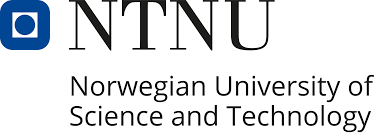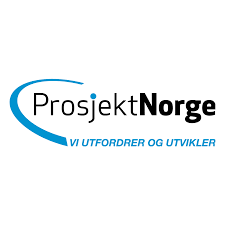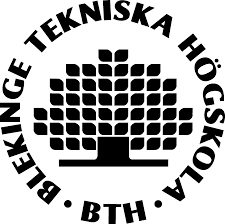IT management
Our mission is to help improve the process and outcomes of software development, with a particular emphasis on public sector solutions.

Focus areas
Digitalisation is driving transformational change in all of society, especially the public sector. Our work addresses complex and interlocking issues that encompass technical, organisational, and societal elements. We employ various approaches to all these issues.
Some of our key focus areas are:
- How teams estimate effort and decide how to build solutions
- How organisations realise benefits from IT solutions
- What skills are most important and how to build and/or acquire them
- How organisations manage development efforts
- How organisations build solutions under severe time pressure
- Dissemination of research to the interested public
EDOS - effective digitalisation of the public sector
We run the EDOS centre, funded by the Norwegian Ministry of Digitalisation and Public Governance. EDOS focuses on digitalisation of Norway's national, regional, and local public services, including health. We identify and investigate practices that improve the benefits of digitalisation, speed up the transformation, reduce costs, mitigate risks, and minimise the disruption for all stakeholders.
How teams estimate effort and decide how to build solutions
Subconscious human biases can influence estimation effort and resource management decisions within teams, which affects both project outcomes and costs. We conduct experiments, with software professionals as subjects, to determine how effort estimates and project management decisions are influenced by judgement biases, and how these may be mitigated
How organizations realize benefits from IT solutions
Organisations invest considerably in developing software solutions, but many projects fall short of stakeholder expectations. What are realistic success criteria for such projects? We explore this question by examining experiences from real-life projects. By analysing and understanding how success and failure are perceived, we hope to develop clearer ways to define, measure and evaluate ‘benefits,’ and thereby ensure that development work is better aligned with the organisation’s needs and objectives.
The amount of money spent on IT is staggering, but not all the ideas work out equally well. Empirical research is needed to inform investment decisions on solutions, skills, organisational structure, and other aspects of software projects.
- Magne Jørgensen, head of the IT Management department and EDOS
What skills are important and how to build and/or acquire them
Software is increasing in size and complexity, which makes planning and estimation an increasingly important and difficult challenge. Add to this significant differences in software development professionals’ specializations and skill level, and managers are faced with a formidable challenge in making reasonable decisions about planning, estimation, hiring and developing.
We investigate this issue from various angles, using surveys, analysis of real-life projects, and tools from psychology and education to address questions such as: how can different learning approaches be used to help students acquire the skills of project management? What variables determine an individual’s effort estimation accuracy? How can clients and managers assess a professional’s skill level? And how can professionals improve the realism in estimates of effort, time, benefits and costs?
How organisations manage development efforts
It’s been nearly 50 years since Fred Brooks published the seminal book “The Mythical Man-Month” that describes the difficulty of building good software solutions. The amount of time and money spent on developing, testing, and refining software development methods is staggering, and most of these methods have disappointed hopeful champions for them.
We believe that agile methods – however you define them – show significant promise, but sometimes in ways that break with previous methods. We conduct research on experiences with agile practices in large organizations that have ambitious digitalisation goals to understand how agility is built, managed, and improved when meeting real-life challenges.
How organisations build solutions under severe time pressure
Several public agencies had to build software solutions to meet urgent and important needs caused by the Covid-19 pandemic. All of them were successful in meeting these needs and mitigating serious social and economic consequences of the crisis. We are conducting research on practices that emerged to meet unusual time pressure, both to help future urgent projects and to identify implications for non-urgent but equally important needs.
Dissemination of research results and support of evidence-based practices
Although there is significant and highly diverse research and development in our field of study, it has proven difficult to make it available and useful to practitioners and decision-makers. To that end, we monitor research news and publish a weekly newsletter, both in English and Norwegian, to highlight some of the interesting findings.
We also conduct webinars and/or seminars several times a year on particular issues, in which we feature a keynote speaker and case experiences from agencies we work with.
Key partners
We host and facilitate a network of senior executives (“HiT-nettverket”) from government agencies, consulting firms and research organisations to identify and explore critical issues in IT management.
We also collaborate with other research organisations and universities, including:







